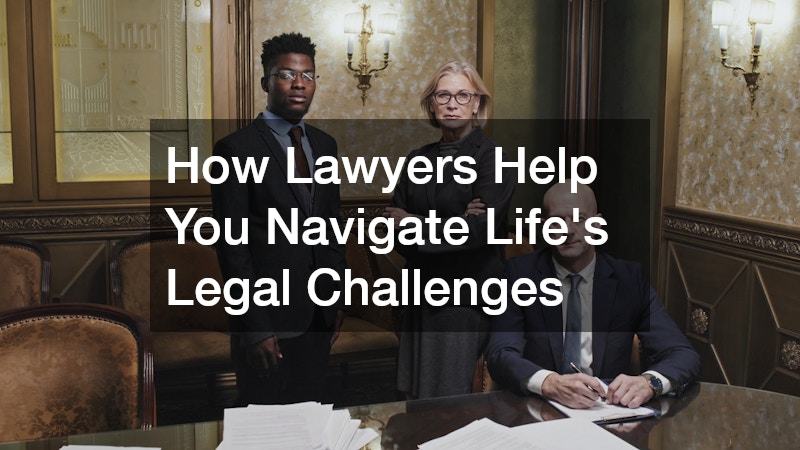Alternative dispute resolution includes arbitration. When arbitration is employed, you and the other party to the disagreement may not have to meet again to resolve the issue.
Arbitration is a method of resolving a disagreement without going to court. The person you’re suing is known as the claimant, and the person you’re suing is known as the respondent. You both present your case to an arbitrator, who is a neutral third party. The arbitrator hears both parties, examines the evidence you’ve submitted, and decides on the best course of action. In rare situations, the arbitrator may schedule many meetings with both of you.
The arbitrator’s decision is known as an award, and it is legally binding. You cannot take your case to court to have the decision overturned if you disagree with it.
Many trade groups provide arbitration under a code of practice to assist you in resolving the issue and may even arrange for the arbitrator. You can apply for arbitration yourself if the trade group does not have one, but be prepared for the attorney fee evaluation on who you will ultimately choose.
The arbitrator establishes the method for each party to present their evidence and convey their tale. Each side will also be given the opportunity to respond to the other’s case.
The arbitrator gathers all of the claimant’s and respondent’s proofs and evidence. They evaluate the complaint only on the basis of the written allegation and supporting documentation. You or the other party may be asked to send in additional information. In a consumer lawsuit, the arbitrator may come to your home and check the items or services you’re unhappy with.
If the case is too complicated and written evidence is not sufficient to determine the decision, the arbitrator can meet with both you and the other party. It is up to the arbitrator to decide on what procedure should be followed to obtain all of the necessary data.
The arbitrator can enlist the assistance of a technical expert to assist in the decision-making process or to offer a report on the claim. The expert will send copies of any report to you and the trader.
You may have been given deadlines for your views if there have been meetings between the arbitrator and both parties to discuss some of the problems. These deadlines must not be overlooked.




